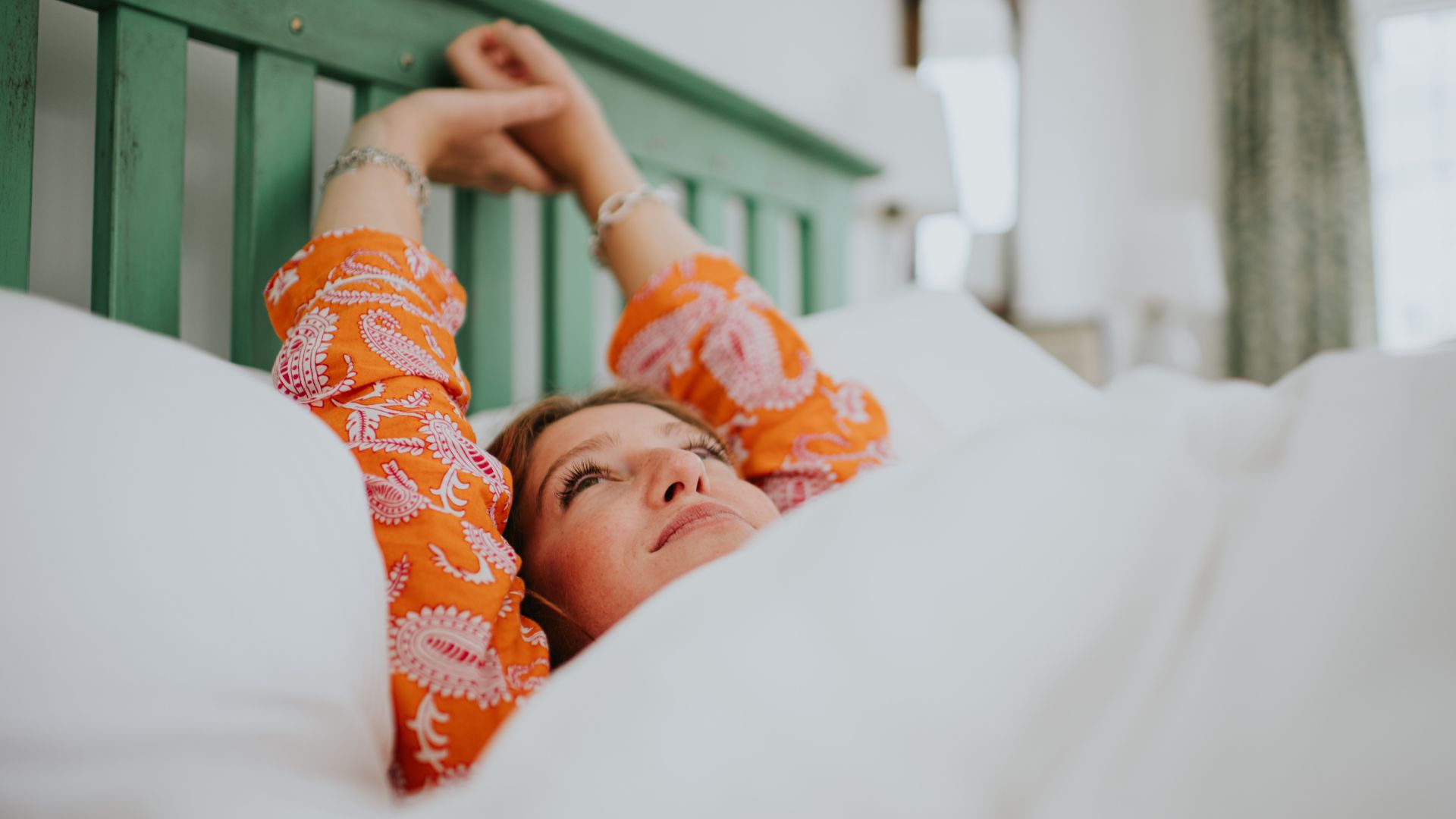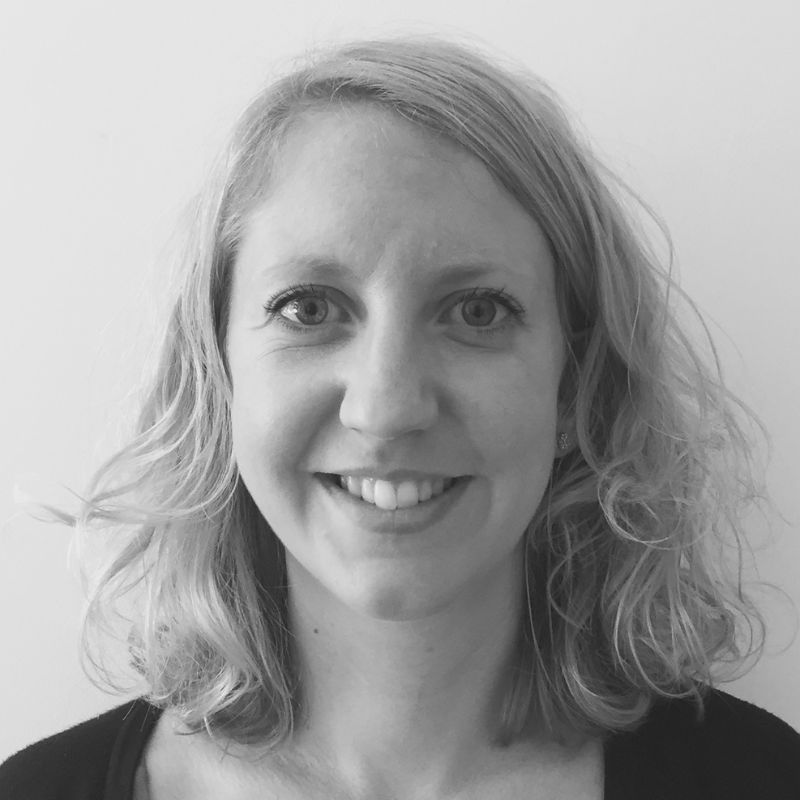
Endorsed by celebrities like Gwyneth Paltrow and Julia Bradbury, mouth taping is using porous tape to cover your mouth and keep it closed during the night, with the view to promote nasal breathing, prevent bad breath, and help you sleep better.
Breathing in and out through your nose helps filter dust, pollen, and other particles from the air before they reach the lungs. It also helps moisten and warm the air, avoiding irritation. For this reason, many health experts consider nose breathing the ideal, and in taping your mouth shut, the idea is that you'll have to breathe through your nose.
However, not everyone can breathe in and out of their nose. If you have any kind of nasal congestion or blockage, you have to use your mouth to breathe in and out. If your mouth is taped shut, you won’t be able to, and forcing yourself to try isn't going to help. It can actually be dangerous.
That's what a new study by doctors and scientists from the London Health Sciences Centre and the University of Saskatchewan College of Medicine has discovered, after publishing a review in PLOS One of the top 10 research papers on mouth taping.
Does mouth taping work?
Two of the 10 papers found some improvements in mild sleep apnea in those who had taped their mouths, but the main takeaway was that there's little evidence that mouth taping helps with sleep issues.
"Other studies showed that mouth taping offered no differences and even discussed potential risks, including asphyxiation in the presence of nasal obstruction," the authors said.
Each paper looked at how mouth taping impacted people with obstructive sleep apnea (where breathing pauses or becomes shallow during sleep), nasal obstruction or general mouth breathing at night. They involved sleep studies or visiting patients who were asleep in a controlled environment so the effect of the tape could be measured.
Sign up to our free daily email for the latest royal and entertainment news, interesting opinion, expert advice on styling and beauty trends, and no-nonsense guides to the health and wellness questions you want answered.
While 10 studies may not sound like a lot, these were the best 10 studies found by researchers, meaning any evidence that mouth taping works is very limited.
Other research has also debunked some of the supposed mouth-taping benefits. One (small) study, published in the Sleep and Breathing Journal, found that natural mouth breathers simply replaced breathing through their mouth with something called 'mouth puffing'. This is when you puff air in and out of the mouth through the sides of the tape.
Is mouth taping safe?
The paper authors not only highlighted that there's little evidence mouth taping works, but stressed that there could be "serious detrimental health outcomes to those with nasal obstruction who seek oral taping as a means to ameliorate mouth breathing".
It's also a risk for those looking to ease their obstructive sleep apnea or sleep disordered breathing, they added.
Alison Jones, a certified sleep consultant working with Sealy, agrees. She says that mouth taping can provide temporary relief from issues like snoring or dry mouth, but it wouldn't alleviate these problems in the long term.
"In reality, mouth taping would likely lead to discomfort and disrupted sleep for those who are struggling with restlessness by aggravating mouth irritation and potentially causing issues catching your breath during the night,” she says.
What are the benefits of mouth taping?
Along with supposedly helping people sleep better and snore less, mouth taping fans claim the product can help improve oral hygiene, prevent bad breath, give you a more defined jawline, and even raise your energy levels.
While nasal breathing has proven benefits like helping to lower blood pressure, forcing yourself to breathe through your nose isn't the way forward, the experts say.
Dr Lindsay Browning, a psychologist, neuroscientist, and sleep specialist also commented on the craze in a recent episode of Great Company with Jamie Laing. "There's loads of sleep stuff on TikTok and everyone wants a quick fix," she said, giving the example of the sleepy girl mocktail, another trend from last year.
"The reality is, sleeping well is about doing the right things. Eating well, exercising well, not being to stressed," she said.
What can help you sleep?
- See your doctor: If you're concerned about obstructive sleep apnea or anything to do with breathing while you sleep, speak to your doctor before doing anything else. They'll be able to recommend proper treatment if needed.
- Improve your sleep hygiene: Jones suggests keeping your bedroom at a comfortable temperature of 16 to 18 °C to help you sleep better, investing in a good quality mattress, and sticking to a rigid bedtime routine to avoid being overtired.
- Put down your phone: Blue light from our phones can prevent proper hormone release at night, which is vital for good sleep.
- Prioritise sleep in your daily routine: Several diets are linked to longer and better sleep. Also, exercise regularly, as this can promote better sleep.

Kat Storr has been a digital journalist for over 15 years after starting her career at Sky News, where she covered everything from world events to royal babies and celebrity deaths. After going freelance eight years ago, she now focuses on women's health and fitness content, writing across a range of UK publications.
From perimenopause to the latest fitness trends, Kat loves researching and writing about it all. She's happy to give any fitness challenge a go and speaks to experts about wellbeing issues affecting people every day.
